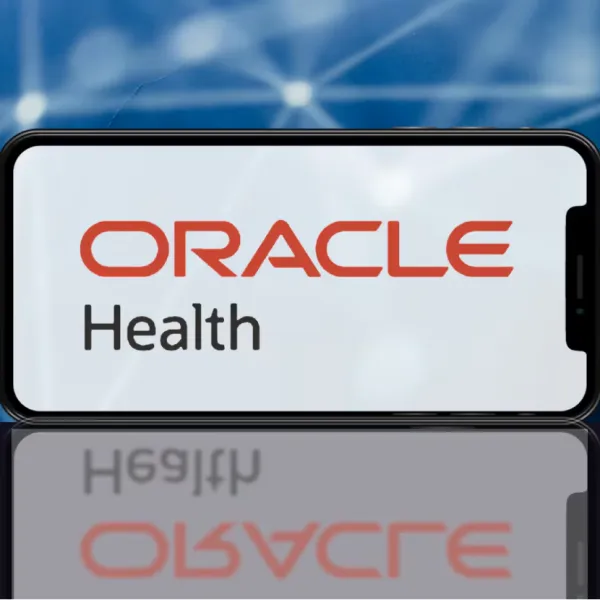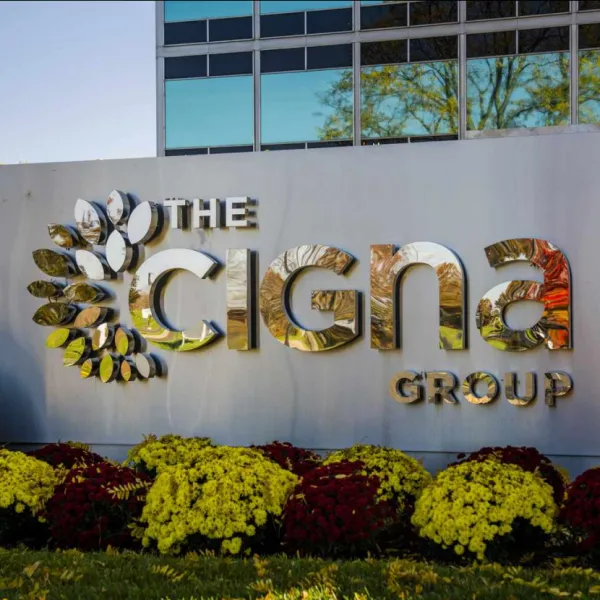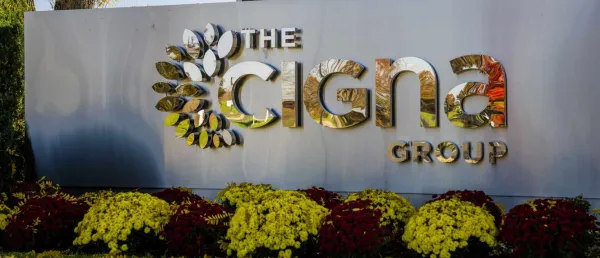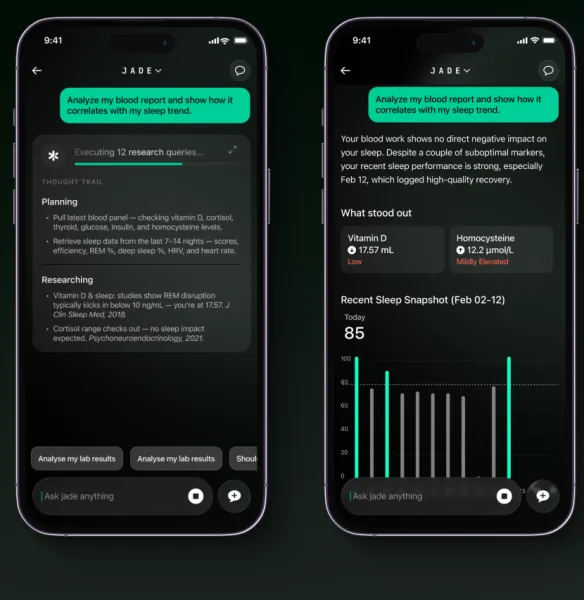DoP Revises PLI Schemes for Bulk Drugs & Medical Devices

The revisions center on SCOD and bank guarantee invocation, aiming to improve operational efficiency and accountability in the schemes.
The Department of Pharmaceuticals (DoP) has announced revision of production-linked incentive (PLI) guidelines to promote manufacturing of bulk drugs and medical devices.
The latest revisions primarily focus on the scheduled commercial operation date (SCOD) and the invocation of bank guarantees, introducing measures to enhance operational efficiency and accountability within the schemes.
This move was followed by a decision by the Empowered Committee, the governing authority for the PLI schemes, during its June 9, 2023 meeting.
Reportedly, these changes apply uniformly to both the PLI scheme for the promotion of domestic manufacturing of critical key starting materials (KSMs), drug intermediates (DIs), and active pharmaceutical ingredients (APIs), and the scheme for promoting domestic manufacturing of medical devices (PLI MD).
Components of the Revised Guidelines
Under the revised guidelines, the competent authority is empowered to adjust the SCOD for projects experiencing delays beyond one year from their original SCOD, without nullifying their approval under the scheme.
This marks a departure from the previous clause, which required the release of bank guarantees upon achieving commercial production within one year of the proposed date.
Moreover, in cases where a revision in SCOD is granted and the project fails to commence operations by the revised date, the bank guarantee will be invoked without a further grace period of one year.
However, the bank guarantee will be released upon the attainment of commercial production, provided it occurs within one year of the original proposed date or the revised SCOD.
Furthermore, if an applicant is selected for multiple eligible products, separate approval letters and bank guarantees will be issued for each product, ensuring transparency and accountability in the disbursement of incentives.
The revised guidelines emphasize stringent compliance measures, stipulating that approval letters do not guarantee incentive disbursement.
Moreover, eligibility for incentives will be subject to verification following the submission of disbursal claims and adherence to other criteria outlined in the guidelines.
Non-compliance with scheme notifications, orders, or guidelines may result in the forfeiture of incentive claims and invocating bank guarantees.
Implications & Future Outlook
The revisions come when the government is intensifying efforts to promote domestic manufacturing in the pharmaceutical and medical device sectors.
Dr Mansukh Mandaviya, Union Minister for Chemicals & Fertilizers and Health & Family Welfare, recently inaugurated numerous greenfield bulk drug park projects and manufacturing plants for medical devices.
These initiatives align with the government's objectives of reducing import dependence, enhancing supply chain resilience, and fostering local capacity creation.
The revision of SCOD and bank guarantee clauses in the PLI schemes for bulk drugs and medical devices reflects the government's commitment to fostering a conducive environment for domestic manufacturing.
By introducing greater flexibility and accountability, the revisions seek to incentivize investment, promote innovation, and bolster India's position as a global leader in pharmaceuticals and medical devices.
Stay tuned for more such updates on Digital Health News
































